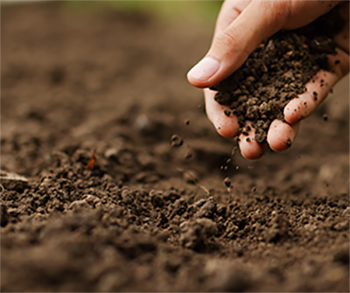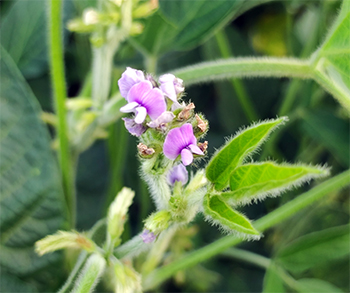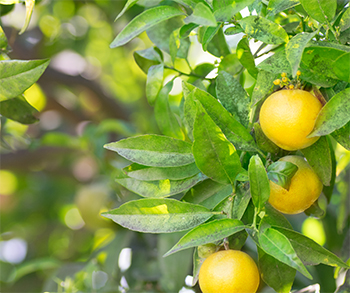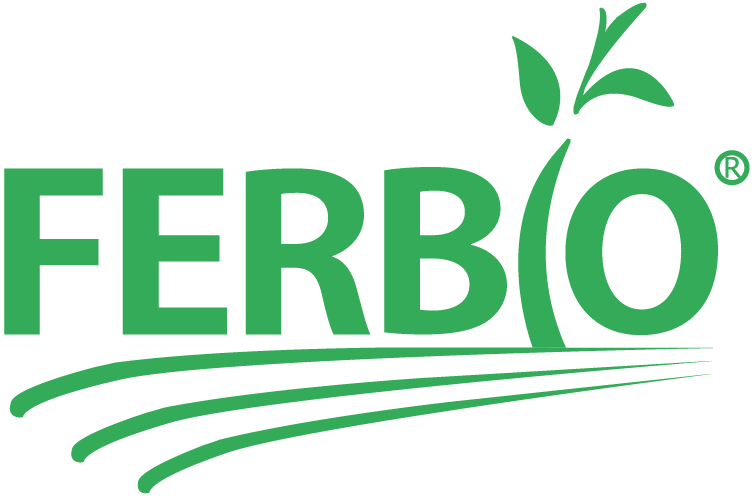Why is fertilizing so important?
Fertilizing is caring. How we
choose to do it today will shape
the soil we have tomorrow.

Fertilizing is optimizing
Based on the
needs of your crops
Organic fertilization offers several benefits for agriculture and the environment. Using organic fertilizers and soil amendments, such as those produced through composting, enhances soil quality by increasing its fertility and microbial biodiversity. This leads to crops that are more resistant to diseases and pests, while also reducing the need for
chemical products.
In addition, organic fertilization and soil correction help reduce soil erosion and preserve water resources by promoting sustainable farming practices. By choosing organic methods, farmers also ensure healthier, safer, and more nutritious food — all through a more economical approach.
Different phases of fertilization

Initial phase
Basal
fertilization
• Fertilization is carried out at specific stages of the crop cycle (e.g., vegetative growth, flowering, grain filling, fruit set). This type of fertilization acts as a nutrient booster, supporting the plant during specific and critical phases of development.
This is where FERBIO works as a nutrient retainer in the soil, helping to reduce leaching or runoff. By improving soil structure, FERBIO enhances the soil’s capacity to retain both nutrients and water, as well as the nutrients supplied directly by FERBIO.

Specific phases
Top-dressing fertilization
This is a very specific type of fertilization, applied in liquid spray form to address specific plant deficiencies (e.g. micronutrient deficiencies) or to stimulate certain processes. A soil treated with FERBIO requires fewer of these types of fertilizers, as the amendment is rich in micronutrients.

Fix nutrient shortages
Foliar
fertilization
This type of fertilization is applied at the beginning of the crop cycle. Its purpose is to supply the necessary amount of less mobile nutrients that are less prone to leaching, such as phosphorus and potassium, as well as a portion of nitrogen. In Foliar fertilization, FERBIO helps reduce the use of mineral fertilizers by providing nutrient content and improving soil properties through the addition of organic matter.
Any questions you’d like us to clarify?

